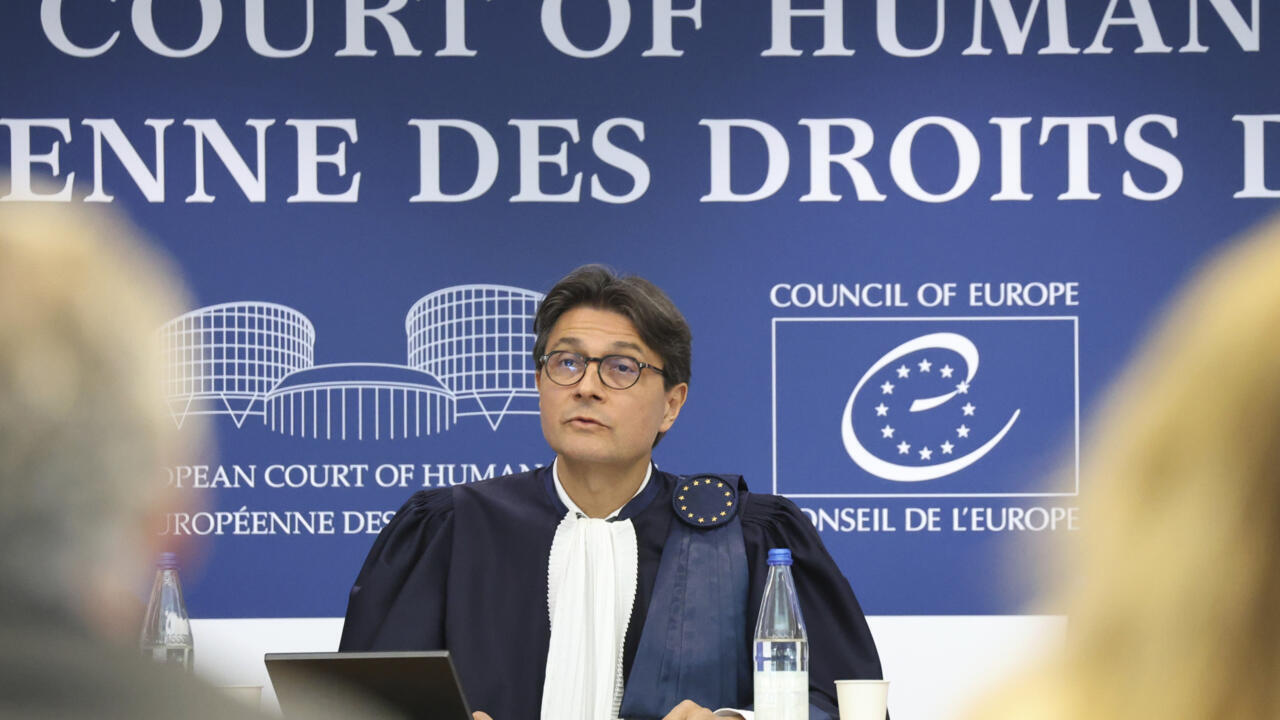TOPSHOT - Dutch radical right party PVV leader Geert Wilders (C) addresses the media as he arrives for the weekly coalition talks in the Lower House in The Hague, on June 3, 2025. (Photo by Robin van Lonkhuijsen / ANP / AFP) / Netherlands OUT (Photo by ROBIN VAN LONKHUIJSEN/ANP/AFP via Getty Images)
Robin Van Lonkhuijsen | Afp | Getty Images
The collapse of the Dutch government sets a tricky political backdrop for the Netherlands as it prepares to host the NATO summit in just three weeks.
Right-wing leader Geert Wilders' exit from government ended the already fragile Dutch coalition after a mere 11 months in power. On Tuesday, Wilders announced that his Party for Freedom (PVV) would leave the government because the three other parties in the coalition had failed to respond to his 10-point plan to implement stricter immigration policy.
Dutch Prime Minister Dick Schoof resigned shortly after Wilders' announcement, setting the stage for snap elections.
Like other major economies in the European Union, the Netherlands has grown increasingly fragmented as parties struggle to reach consensus over topics such as immigration and housing. Immigration in particular has now led to the collapse of two successive administrations, also bringing about the end of Mark Rutte's coalition government in 2023.
"[Wilders] ultimatum highlighted the lack of genuine cooperation between the PVV and its coalition partners, a tension that has plagued the government since its formation," Jess Middleton, senior Europe analyst at Verisk Maplecroft told CNBC by email, adding that political instability is likely to persist.
But the upcoming NATO summit and expectations for the Dutch government to boost defense spending played a larger role in prompting Wilders' exit, experts say.
Leverage
That would require "either raising taxes or cutting spending," Jan Patternote, member of the centrist Democrats 66 (D66) party, told CNBC's "Squawk Box Europe" on Wednesday.
"It was pretty obvious that Mr. Wilders wanted to do neither. So he wanted to have none of it, and that's why he probably got out of the coalition before those tough decisions would have to be made."
The D66 politician added, "I think Mr. Wilders wants everyone to believe that it was over differences in immigration policies. But, actually, what I think happened here is that Wilders found the kitchen too hot, so he found a way to get out of that kitchen, because the Netherlands was now facing the prospect of having to massively ramp up defense spending."
CNBC has reached out to the PVV for comment.
As he exited the coalition, Wilders claimed he "had no choice," adding in Google-translated comments on X that he had promised supporters the "strictest asylum policy ever," but had been unable to deliver on the pledge. The firebrand leader said voters were on his side and that "millions" of Dutch people wanted the PVV's 10-point plan to halt asylum to go ahead.
"Almost all points of the PVV asylum plan are supported by a large majority of voters of all coalition parties. And almost three-quarters of PVV voters say that we should leave the cabinet if our plans are not largely adopted," he said in Google-translated comments.
Wilders found the kitchen too hot, so he found a way to get out of that kitchen, because the Netherlands was now facing the prospect of having to massively ramp up defense spending.
Jan Paternotte
Member of the D66 party
Voters' confidence in the PVV party has more than halved from 37% last year to 13% now, according to a poll from EenVandaag that polled over 16,000 people. The data shows that just 1 in 10 voters look back positively on cabinet's performance.
Wilders wanted the coalition to fall part, as support for his PVV party was dropping in the polls, according to Armida van Rij, head of the Europe program at Chatham House.
"The Netherlands is hosting the NATO Summit in exactly 3 weeks. Wilders knew this and tried to use this as leverage to force his coalition partners back to negotiating table, knowing that having a caretaker government would not be a good look nor useful to advance key policy positions," Van Rij said in emailed comments.
She added that, while current polls show only the center-right VVD party is expected to gain from new elections, the PVV is likely to remain the largest party in the government.
According to D66's Patternote, a new coalition with the PVV is "highly unlikely" even if Wilders wins the vote because so many center-left and center parties — including his own — have said they will not work with the right-wing leader.
After tendering his resignation, Schoof said he and the remaining three coalition parties will continue in a caretaker role, meaning the smaller cabinet will likely only be able to make decisions on policy that is deemed critical. This essentially puts Dutch politics at a standstill at a time of rising geopolitical and trade tensions.
Paternotte conceded that a new government will have a lot of work on its plate as the ongoing infighting has led to "massive cuts in education which the business community is very concerned about."
"Personally, I think it's actually good news that a government has been brought down yesterday, because this opens up new opportunities to get some, well, very important topics being discussed in with other parties... And that's what's really needed to make sure that the country gets to a position in the European Union which is stronger than we have today," Paternotte said.
- CNBC's Holly Ellyat contributed to this report.











 English (US) ·
English (US) ·